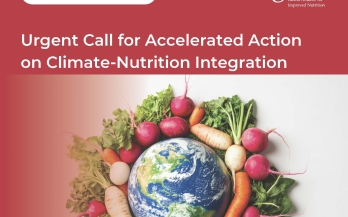

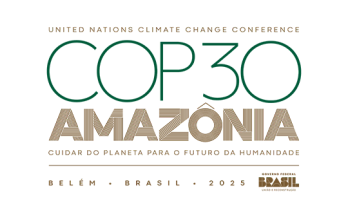
GAIN@COP30 Belém, Brazil
- , Global
The 30th Conference of Parties to the United Nations Framework Convention on Climate Change (COP30) will take place in Belém, Brazil, from Monday 10 to Friday 21 November 2025. The COPs are an annual opportunity for Parties and non-Party stakeholders to meet and shape our international response to climate change.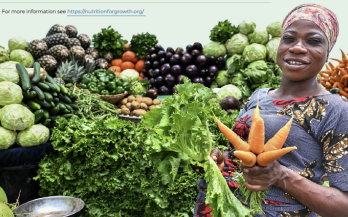
Benin’s Nutrition Commitments for a Resilient Future
- 05/08/2025
The Government of Benin played an active role in the 2021 N4G Summit, demonstrating a strong commitment to reducing malnutrition. In 2021, through the Permanent Secretariat of the National Council for Food and Nutrition (SP/CAN), Benin outlined several ambitious goals aimed at ensuring optimal nutrition for all its citizens. To achieve its vision by 2030, Benin set several objectives in 2021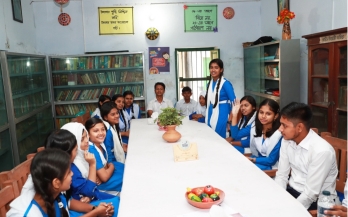
GAIN Working Paper n°50: MEASURING YOUTH ENGAGEMENT IN POLICY PROCESSES
- 10/04/2025
While there is a growing recognition of the importance of youth engagement in food system decision-making and governance, existing research remains largely theoretical or anecdotal, with a scarcity of empirical studies providing robust data on the engagement and meaningful participation of young people in food systems. A first step towards providing such data is having strong, validated metrics and data-collection methods that can be applied comparably across contexts. This scoping review thus synthesises evidence on metrics and methods used to assess youth engagement in policy processes, with a specific focus on food system-related policies.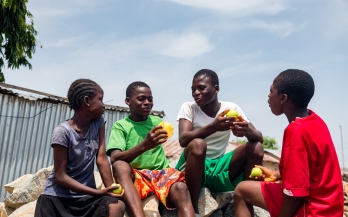
World Health Day
- , Global
Healthy beginnings, Hopeful futures World Health Day, celebrated on 7 April 2025, will kick off a year-long campaign on maternal and newborn health. The campaign, titled Healthy beginnings, hopeful futures, will urge governments and the health community to ramp up efforts to end preventable maternal and newborn deaths, and to prioritize women’s longer-term health and well-being. WHO and partners will also share useful information to support healthy pregnancies and births, and better postnatal health. Stay tuned for GAIN’s contributions to World Health Day 2025.
78th World Health Assembly (WHA)
- Geneva, Global
The 78th World Health Assembly (WHA) will be held in Geneva, Switzerland from Monday, May 19, 2025 to Tuesday, May 27, 2025. Watch out for GAIN’s participation at WHA 78 as we push for stronger food systems and healthier communities.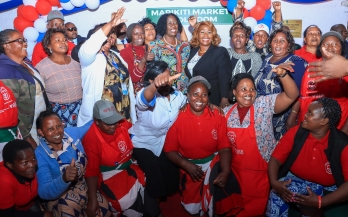
Preserving Food and Profits in Kenya: Marikiti Cool Room Commissioned to Empower Traders and Reduce Food Waste
On 15th January 2025, the bustling town of Machakos in the lower eastern part of Kenya witnessed a transformative milestone in food systems in Kenya; the commissioning of the Marikiti Market Cool Room. This state-of-the-art facility was officially handed over by the Global Alliance for Improved Nutrition (GAIN) to the County Government of Machakos in an event graced by H.E. Governor Wavinya Ndeti and GAIN Kenya Country Director, Ms. Ruth Okowa.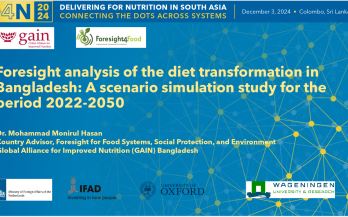
Foresight analysis of diet transformation in Bangladesh_A scenario simulation study
- 16/12/2024
Foresight analysis of diet transformation in Bangladesh_A scenario simulation study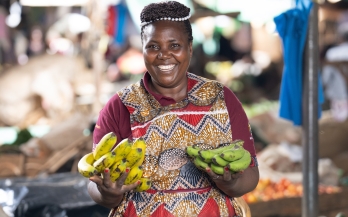
GAIN MOZAMBIQUE’S PORTFOLIO
- 01/01/2025
To address the triple burden on Mozambican’s Food system, GAIN in Mozambique is focused on innovative, scalable, and impactful initiatives aimed at identifying, updating, and disseminating legislation; developing businesses that produce and distribute safe and nutritious food; and implementing approaches to increase the demand and consumption of healthier diets by all Mozambicans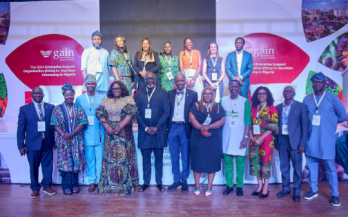
Enterprise Support Organisations For Nutrition -GAIN Convening Paper n°11
- 23/10/2024
On August 29, 2024, the Global Alliance for Improved Nutrition (GAIN) hosted the inaugural Enterprise Support Organisation (ESO) for Nutrition Convening in Nigeria, themed ‘Catalysing Nutritional Innovation: Empowering ESOs to Transform Food Systems.’ This first-of-its-kind convening in Africa brought together over 150 participants, including key stakeholders from academia, the private and public sectors, development agencies, and civil society. The convening focused on the critical role ESOs (entities that provide business development services to businesses) play in transforming food systems by supporting agri-food small and medium-sized enterprises (SMEs) to overcome operational challenges, enhance capacity, and improve nutrition outcomes for underserved populations.